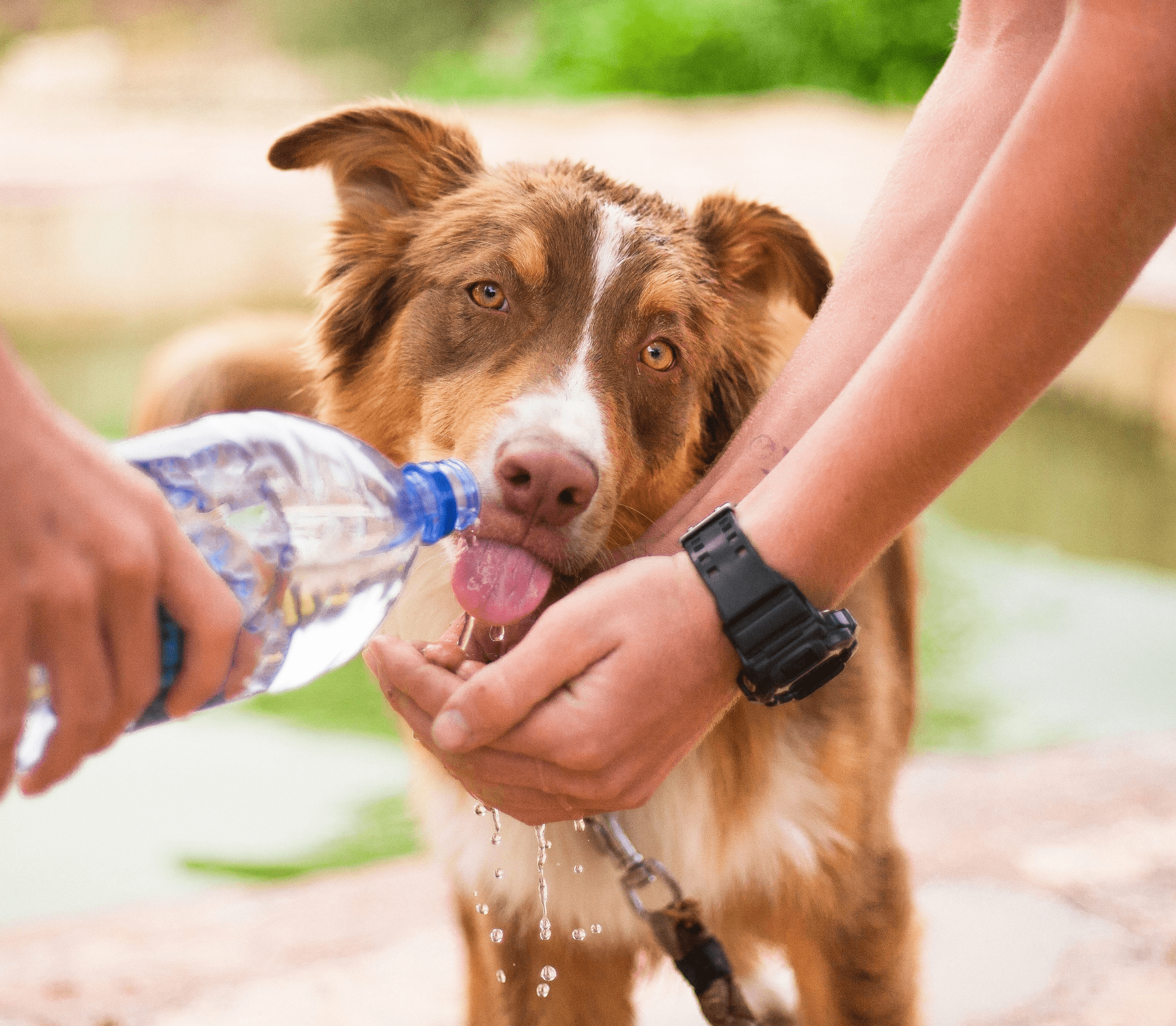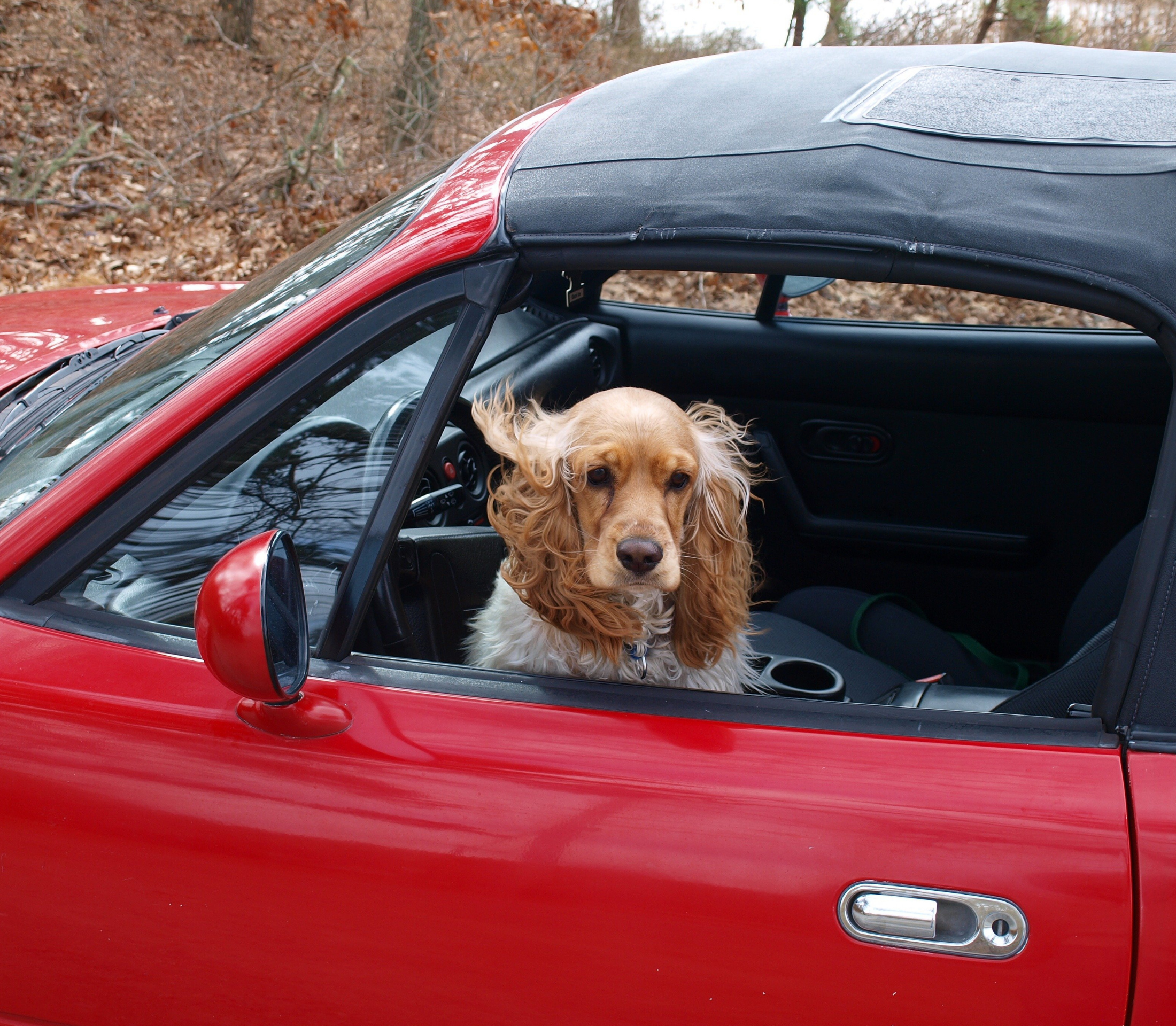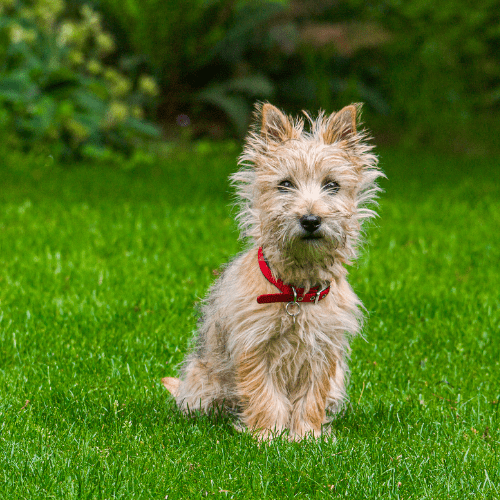Keeping Fido Safe on the Fourth of July
The Fourth of July is just a few days off. The summer holiday can be very dangerous for dogs: reports of lost pets often spike around the summer holiday. This is in large part because Fido gets very scared of the noise and commotion caused by fireworks, and they may run off out of fear. A local Washington DC vet offers some advice on keeping your canine buddy safe, secure, and comfy in this article.
Keep Fido Secure
We always advise keeping dogs leashed whenever you take them off your property. This is especially important around the Fourth. Even in the daytime, enthusiastic revelers often start shooting fireworks off before the holiday, sometimes during the day. If you have a fenced-in yard, make sure your fencing is secure and that your gate closes tightly. Bring your pup indoors before it gets dark, and make sure he’s comfy and cozy with toys, bedding, and a special treat. You can turn on a TV or radio to help drown out the sound of fireworks.
Foods
Foods are another concern. Dogs are very, very good at getting us to share things with them. It’s not easy to ignore that adorable, soulful stare. Unfortunately, many of the foods you’ll find at the common barbeque are toxic to dogs. Some of the dangerous foods include garlic and onions (and anything seasoned with them); grapes, currants, and raisins; avocados; caffeine; pitted fruits; alcohol; meat on the bone; and anything that contains xylitol. What can you give your canine pal? Some plain, boneless meat, fish, or poultry; or a plain hamburger, brat, or hot dog should be fine.
Heat
July is one of the hottest months of the year, so you’ll also need to protect your pet from soaring temperatures. Make sure Fido always has plenty of fresh water, and that he has free access to cool, shaded areas. You’ll also need to watch for signs of dehydration and heat exhaustion, such as panting, trembling, vomiting, diarrhea, and discolored gums. If you see anything unusual, immediately give your pet some water and contact your vet.
Parasite Control
Fleas, ticks, and other unwanted guests may try to crash your celebration. Keep Fido up to date with his parasite control products!
Enjoy your holiday! As your local Washington DC veterinary clinic, we are dedicated to offering great care. Call us anytime



